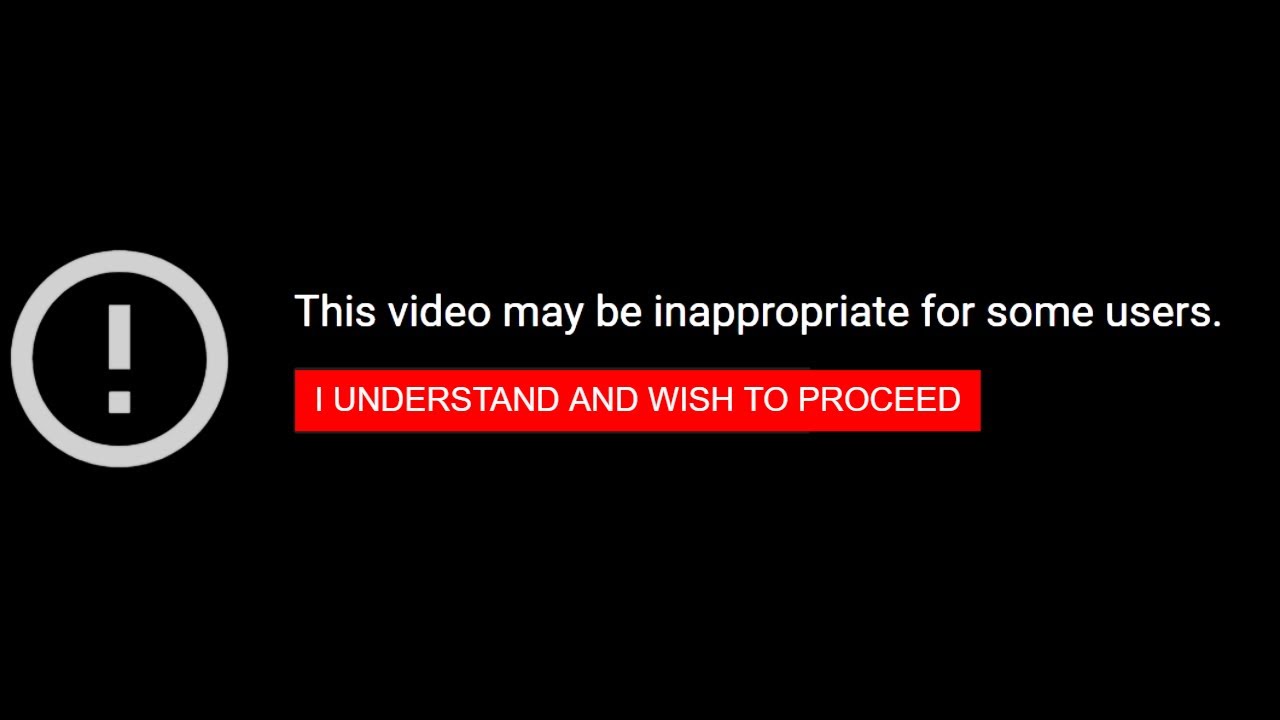Thomas Sowell - The Origins of Woke
Summary
TLDRThe transcript discusses the concept of the 'anointed,' an elite class in politics and media that believes they are best suited to make decisions for society. It critiques government overreach, arguing that individual choices are increasingly overshadowed by bureaucratic control. The dialogue emphasizes that societal issues cannot be solved by simplistic solutions but are rather trade-offs. It further examines the unintended consequences of policies like affirmative action and the role of media in shaping narratives. Overall, it presents a critical perspective on modern governance, highlighting the complexities of social issues and the dangers of elitist thinking.
Takeaways
- 😀 The term 'anointed' refers to elites in media and politics who believe they are better suited to make decisions for others.
- 📉 Many social policies are based on the assumption that the educated elite can solve societal issues through programs, neglecting individual choices.
- ⚖️ The speaker argues that there are no definitive solutions to problems; rather, there are trade-offs that must be considered.
- 🛠️ Liberals often propose programmatic solutions to societal problems, while conservatives emphasize a more punitive approach to crime.
- 📊 The discussion points out that affirmative action can inadvertently benefit those already well-off, leaving the most disadvantaged behind.
- 📉 Media plays a significant role in shaping public perception by not covering facts that contradict popular narratives.
- 💡 Lifestyle choices significantly impact societal outcomes, such as infant mortality rates, rather than solely race or income.
- 🔄 The cyclical nature of poverty programs often leads to increased dependency on government rather than empowering individuals.
- 🚫 The speaker critiques the tendency of the anointed to view differing opinions as not just errors but as moral failings.
- 🔍 The speaker’s goal is to reveal the flawed assumptions of the anointed and highlight the dangers of ignoring the complexity of societal issues.
Q & A
Who are the 'anointed' as described in the transcript?
-The 'anointed' refers to the elite in society, including those in media and politics, who believe they should make decisions for others, often viewing themselves as more intelligent or capable than the general population.
What is the main criticism of government decision-making mentioned in the transcript?
-The transcript criticizes the government's overreach in making decisions that should be left to individuals and families, such as choices regarding education and parenting.
What does the speaker argue about the concept of 'solutions' in social issues?
-The speaker argues that there are no absolute solutions to social issues, only trade-offs. For example, while vaccination saves lives, it can also cause adverse effects.
How does the speaker characterize the difference between liberal and conservative approaches to crime?
-Liberals often advocate for educational and social programs to address crime, while conservatives emphasize tougher measures and increased incarceration for violent offenders.
What is the speaker's stance on affirmative action?
-The speaker believes affirmative action can have unintended negative consequences, such as perpetuating dependency and potentially disadvantaging those it aims to help.
What does the speaker suggest about the media's role in shaping public perceptions?
-The speaker asserts that the media often omits facts that contradict popular beliefs, which can lead to a skewed understanding of social issues, such as the relationship between prenatal care and infant mortality rates.
What does the speaker mean by saying there is a symbolic aspect to social programs?
-The speaker suggests that many social programs are more about making symbolic statements to appear compassionate rather than effectively addressing the root causes of social issues.
How does the speaker describe the relationship between poverty programs and actual poverty rates?
-The speaker contends that despite significant funding for poverty programs, the number of poor people has not decreased, suggesting that the programs may not be effective in alleviating poverty.
What does the speaker identify as a common misconception about wealth in America?
-The speaker points out that many Americans do not remain in the same income bracket over time, challenging the notion that wealth is static and that most wealthy individuals were always rich.
What are the implications of the speaker's views on individual choices regarding healthcare?
-The speaker argues that many individuals, particularly young people, may choose to forgo health insurance not because they cannot afford it, but because they prioritize spending on other items over healthcare.
Outlines

このセクションは有料ユーザー限定です。 アクセスするには、アップグレードをお願いします。
今すぐアップグレードMindmap

このセクションは有料ユーザー限定です。 アクセスするには、アップグレードをお願いします。
今すぐアップグレードKeywords

このセクションは有料ユーザー限定です。 アクセスするには、アップグレードをお願いします。
今すぐアップグレードHighlights

このセクションは有料ユーザー限定です。 アクセスするには、アップグレードをお願いします。
今すぐアップグレードTranscripts

このセクションは有料ユーザー限定です。 アクセスするには、アップグレードをお願いします。
今すぐアップグレード関連動画をさらに表示

모두 긴장! 벤츠 E클래스 E300 4matic AMG라인 시승기, 2024 Mercedes Benz E300 4matic AMG Line test drive, review

Ngaji Filsafat 04 : Kebenaran Part #1

This is being deleted everywhere, i wonder why..

What Is Journalism and Why Does it Matter?

【7つの階級と3つの世界】破綻期を迎える日本/2025年が変革のピーク/構造8割・努力2割/若者に残されたキャリア/階級移動のラストチャンス/キャピタリズム・バーチャリズム・シェアリズム【山口揚平】

What Social Class Are You Really In?
5.0 / 5 (0 votes)
